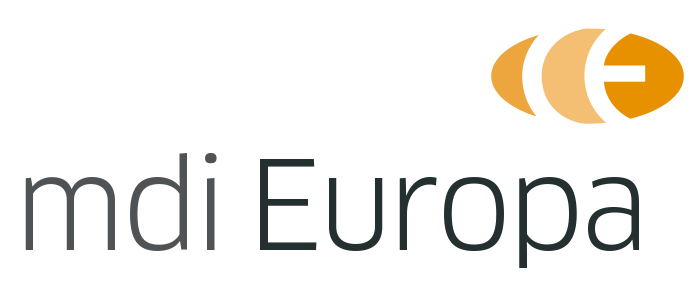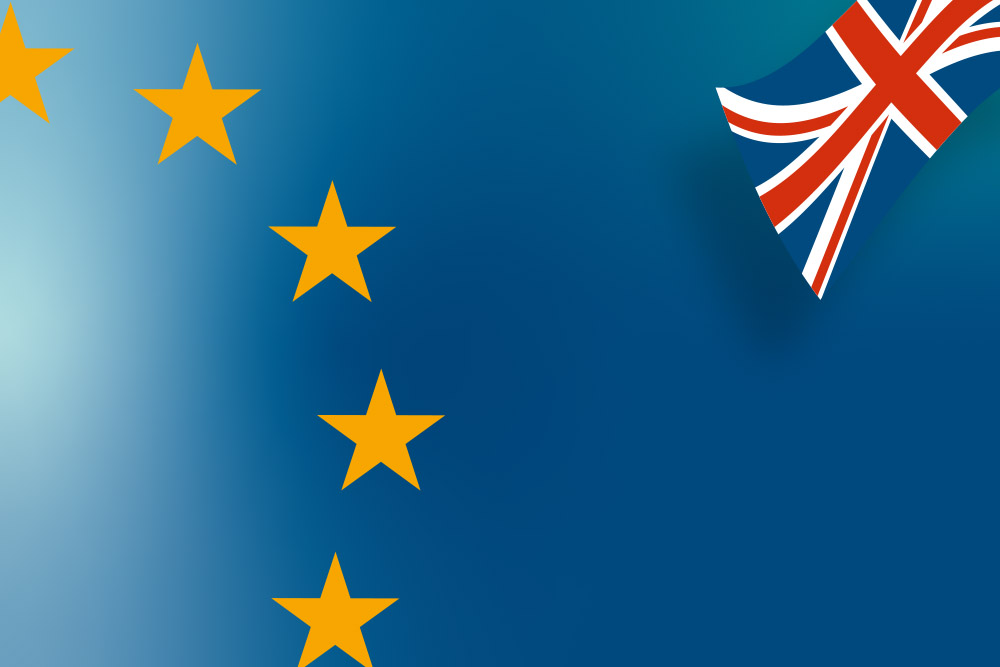The UK Medicines and Healthcare products Regulatory Agency (MHRA) is aiming to safely introduce medical device innovations using new methodologies and data sources. Four comparable regulator countries (CRC), including the US Food and Drug Administration (FDA), have been selected by MHRA for international recognition of device approvals. Health Canada, the Australian Therapeutic Good Administration (TGA) and the EU are the other regulatory systems in the MHRA’s CRC list.
The UK general election somewhat disrupted the progress of the MHRA’s medical device regulatory system plans, notably in the case of the post-market surveillance (PMS) statutory instrument (SI). The calling of the general election the day before the SI had been due to be laid in parliament thrashed that original schedule, but the PMS SI is now due to be laid before the end of 2024. The draft has been presented to the Parliament in late October. PMS is a key enabler for aspects like international recognition.
The UK’s international recognition framework will implement premarket controls and require all market products to undergo PMS. The system aims to be efficient, quick, and cost-effective, encouraging trust from other countries based on the UK’s expertise. Effective communication between the MHRA, Clinical Research Collaboratives (CRCs), and EU notified bodies is crucial.
The MHRA has registered 3.25 million medical devices and aims to provide written advice within 90 days, ideally 40 days. Key initiatives include the launch of Safety Connect, a responsive database for reporting, and an upcoming update to the patient involvement strategy. The MHRA also released a data strategy emphasising real-world evidence and digital innovation, with potential for a framework involving public-private partnerships for data storage and usage.
Source: European Commission





